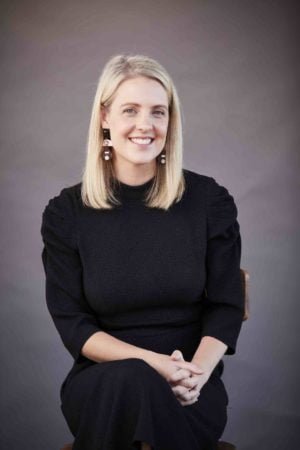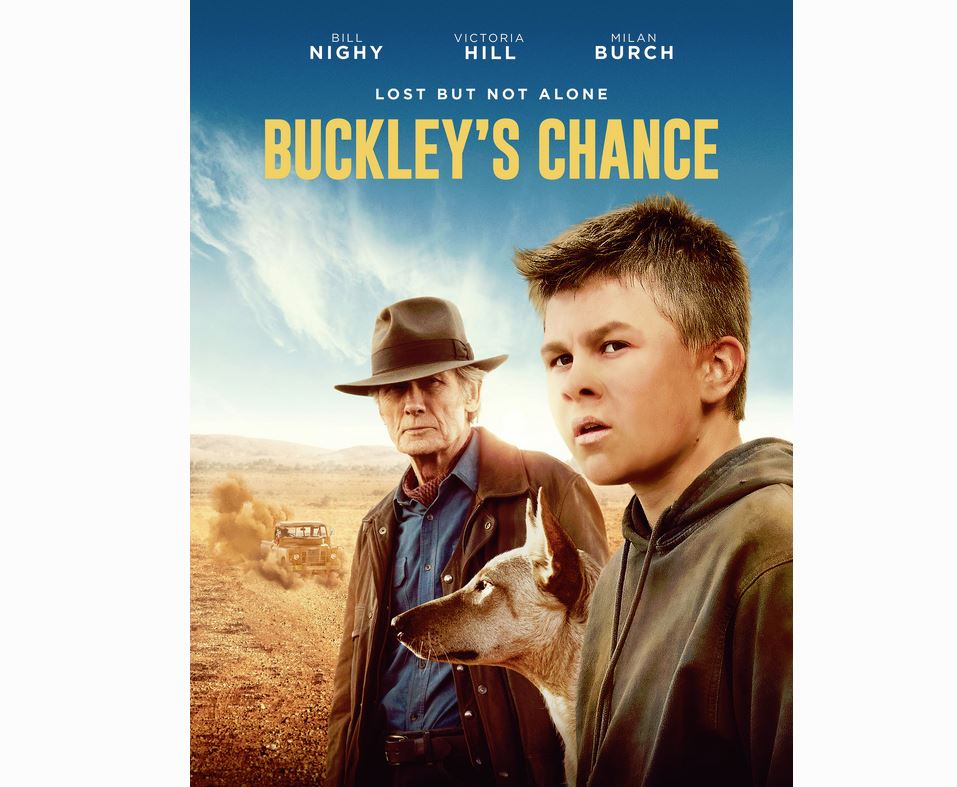The obstacle course women still face in tech.
The world’s technology sector is a place of originality, leadership, and innovation. It is responsible for helping to drive much of the global advances in science and medicine and industry helping to catapult the world toward immense technical and social change that will become one of the defining characteristics of the 21st century.
Why, then, does technology have such a problem with women? It’s a sobering statistic – women make up about 60 per cent of the global work force, yet they make up only 30 per cent of the workforce in major tech companies. The fact is that few technology companies are women friendly.
Most tech companies have at worst a conscious bias against hiring women or, at best, an unconscious bias that favours men. This is not only unfair (particularly in the 21st Century) but also disincentivises women from making technology their career and inhibits career opportunities for those who do.
Changing that situation is what Women in Tech: Are we there yet? is all about. Women in Tech: Are we there yet? is an event that aims to help shatter the gender bias that has settled on the tech industry and even up the score card.
“There are so many statistics and case studies that demonstrate that equality in the workplace enhances that workplace right across the technology sector,” says Matthew Munson, the Sydney general manager of Talent International Australia, one of the world’s leading recruitment companies, and one of the driving forces behind Women in tech: Are we there yet?, which will be held as a virtual conference on June 23.
“In fact, there are so many statistics available about the positives of gender equality in technology that it has become almost a moot point for me. It now needs to become a conversation that moves on from that. We need to address the root causes of why there is such an issue with gender equality in the tech industry.
“That’s where the need for an event such as Women in tech: Are we there yet? has sprung from. A lot of people are frustrated with the lack of progress on equality in the technology industry, an industry that often pays lip service to the issue across the sector. However, most organisations that try to address the situation do so very poorly, if they are trying to address them at all.”

Matthew, who moved to Australia from Great Britain 12 years ago, says that the technology sector leads the way in many aspects of workplace innovation, from workplace flexibility (working at home) to appealing and sometimes inspiring office environments. But, for some reason, gender equality in the workforce remains an industry-wide stumbling block.
“There are a number of practices that tech is well ahead of the curve on,” says Matthew. “But when it comes to the male-female divide that is where they really struggle. And it is because of several factors. And the one at the very centre of that is the image that immediately springs to mind for the public when they think about tech people – that it is an industry full of geeky men.
“And, in the majority, that is true. And it goes all the way back to universities and colleges. Women avoid doing technology courses because they imagine that the class is going to be full of boys, geeky boys, and that it won’t be much fun. So, women don’t sign up for the courses.
And if you look at some of the available data, many women think that even if they do get the qualifications, then they will be stuck behind a computer in the office on their own. That’s the image that the sector has grown and that’s where the problems start.”
Matthew says that most tech development teams are made up of as much as 90 per cent and even 100 per cent men. “The industry average is somewhere around 75 per cent of peer development teams, of software development teams,” says Matthew. “That’s a very male dominated environment. I have worked with large clients in the past where every developer is a man, and on every developer’s desk is a Nerf gun. And that is part of the workplace culture.
“That breeds and you get this very blokey environment and it becomes extremely hard for women to break into those cultures. And even if they do come in, they are made to feel very much as though they are on the outside. As such, they often don’t stay very long.”
Matthew says that while some of the industry’s largest players – Google and Slack, for example – are making huge investments to address the issue and making some headway, particularly in Silicon Valley where tech is now kind of cool for women, the advances are largely restricted to the United States.
“They’re putting a lot of effort in from the college level all the way up to encourage more women into technology. The whole Silicon Valley culture has become cool and that is attracting more young women, but elsewhere in the world tech still I is considered overwhelmingly male dominated. I am very aware of my privilege as a Caucasian straight male who has not had to face these challenges in my career. However, one of the most common requests I receive is to help increase diversity in our client’s technology teams, and in particular how they can hire more females. Unfortunately, it is equally rare to find organisations that are actively doing anything to change the systemic problems that cause imbalance in the first place. That’s why I am so passionate about this topic and event.””
Matthew points to the e-commerce industry as a closely related sector that has done much better at attracting women and creating equal environments. “If you look at the consumers of online and digital it’s very much 50/50,” he says. “It would make sense that the teams developing those portals have at least 50/50 male and female representation but, the mix is more like 10 per cent or 20 per cent women. And if you look at the leadership teams of tech companies – positions such as CEOs and COOs – then there are only 16 per cent women at that level. That is far from the average in other industries. It is really rare to meet a CEO who is a woman.”
To make matters even worse, the pandemic has resulted in many women leaving the tech industry. “If you are a woman then you are more likely to have lost your job in IT compared to men,” says Matthew.
Women in Tech: Are we there yet? is an attempt to bring the tech industry to the equality table. Matthew says more than 500 tech savvy respondents will log into the event on June 23.
“We expect 500 people to attend virtually and then there are physical events in Sydney and Perth where people will be able to actually see and meet each other,” he says.
“If somebody is working in the technology field then we want them to start thinking about this issue and what we might be able to do to change it. We really need to start leading the way in this respect. We want to gather thought leaders into a space together. Instead of just talking about it, we want to come up with an action plan that we can champion in the market. We want a roadmap to increase diversity. We want to implement the ideas that come out of the event and then put them into action. We want to make a difference.”

Women in Tech: Are we there yet
Women Love Tech is proud to sponsor the Talent International event called Women in Tech: Are we there yet? that aims to change the face of the tech industry by attracting more women.
The event, which will be hosted by author and journalist Georgie Dent, will focus on what we still need to achieve for women in tech.
“While progress has been made in recent years, women working in technology roles are still significantly outnumbered and face a myriad of challenges in their careers,” said Georgie, who is a Contributing Editor at Women’s Agenda. “Despite many conversations about gender diversity in tech, women are still underrepresented, underpaid, and often discriminated against in the tech industry, numbers show. I am looking forward to facilitating this important discussion to get a live reading on the challenges faced by women working in technology in 2021 and gathering data to contribute to a report that has the power to influence business leaders around the world.”
Speakers at the event include:
Sydney – Georgie Dent & Project F CEO & Founder, Emma Jones
Perth – Angela Lam, CIO of Shell Australia
Auckland – Rebecca Chenery, CDO of Watercare Services Limited in NZ
Proceeds from the event will be donated to Women In Tech, which is an international organisation helping close the gender gap and help women embrace technology.
Here is a link to buy tickets at the event: https://bit.ly/3yjHHLx






